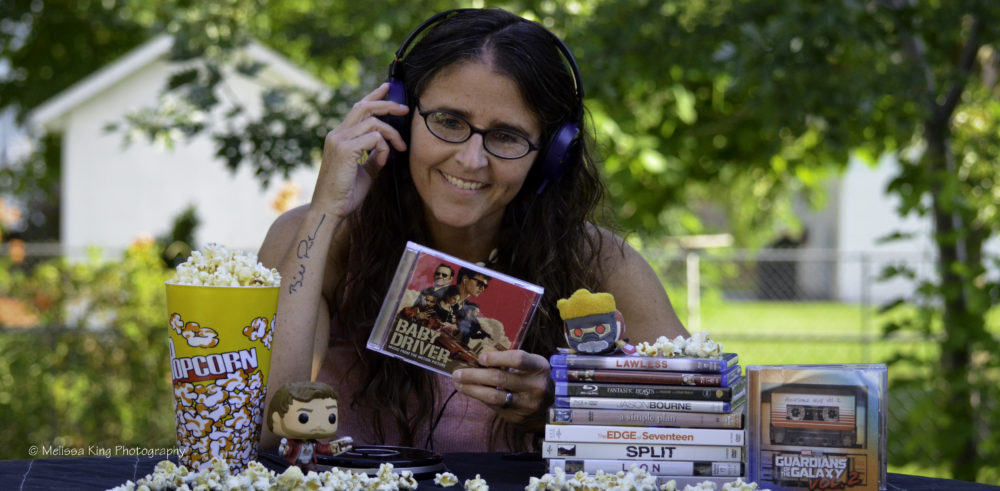
The new Sam Mendes epic war drama “1917” is a Best Picture contender for one simple reason: It’s fucking amazing.
Which, once I picked up my jaw from the floor, is exactly what I said to my husband after we saw the movie last week. He agreed.
Nominated for 10 Academy Awards, “1917” follows two young British soldiers on a seemingly impossible mission during World War I. The pair must venture through no man’s land and deliver orders calling off an impending attack to prevent 1,600 troops, including one soldier’s brother, from walking into certain death.
And when I say “follows,” I mean it literally.
Best Director nominee Mendes presents this story in one long, fluid shot (he gave us a taste of this in the opening scene of 2015’s “Spectre”). From the moment we meet Lance Corporals Blake (Dean-Charles Chapman) and Schofield (George MacKay) in an open meadow, we’re buckled in for the journey – every uninterrupted step of the way.
This one-shot technique (one of my favorites, when its use is this purposeful) allows Mendes to tell us this story essentially in real time. And his vision is nothing less than brilliant; his camera placement puts us squarely in the middle of the action.
The audience sees, learns, and experiences everything alongside and in sync with these characters, which creates a level of anxiety that must be felt to be understood. We know nothing beyond the frame of the camera, and that uncertainty heightens both curiosity and concentration.
And all the while this continuous scene refuses to blink, keeping us on edge and hanging on every. Single. Movement.
The occasional pivot or rotation or close-up gives a slightly different perspective and some additional detail, but our attention by way of the lens never deviates from its focus. And that slow zoom – the camera barely inching closer – on General Erinmore (Colin Firth) as he doles out this mission at the film’s start gives every indication of its importance.
If your heart isn’t already pounding out of your chest, those background drum beats add to the film’s intensity and fully express the significance of this race against time.
The tension is real.
In addition to calling shots behind the camera, Sam Mendes also gets his first writing credit here. Those efforts earned him an Oscar nomination for Best Original Screenplay.
I don’t see many war movies, but “1917” is beyond impressive. I was completely mesmerized and have been raving about this flick since I left the theater. As if the story itself isn’t fascinating enough, the seemingly seamless visuals will blow your mind.
“Stories are nothing unless you’re emotionally engaged,” Mendes said in an IMDb On the Scene interview.
His statement is a hundred percent accurate, and presenting “1917” as one long take was the only way to effectively tell this story.
I held my breath. I jumped. I winced, and I gasped.
And I loved every minute of it.
You have just enjoyed the insights of Movie Addict Mel, a cinema dork and conversational writer. Follow her on Twitter @movieaddictmel, and “like” her Facebook page www.facebook.com/movieaddictmel.

